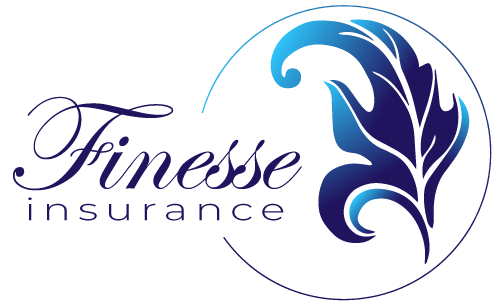Article Published by: MUA Insurance
We live in a world fraught with persons vying for possessions by any means. We are often alerted to scams, hijacking hotspots and other schemes which start as a seemingly innocent request, but results in property being stolen.
The most recent scam indicated is where vehicle owners are being called by persons stating that they are from a dealership the day after they have had their vehicle serviced. The caller then claims that there is something faulty with the vehicle and will arrange to collect the vehicle and return it to the workshop for attention. The vehicle is then collected with its keys and stolen.
It is evident from the scenario above that we need to be more alert and less trusting of the various calls we receive to protect ourselves and belongings from the schemes of opportunists. The big focus most recently has been on the protection of personal information and banking passwords, especially with the POPI Act now in effect.
This is even more important when considering your insurance policy, as theft by false pretenses is an exclusion in most insurance policies and can leave a policyholder completely unprotected.
Why the exclusion?
Theft by false pretenses is a general phrase used to cover a wide range of scenarios, all very similar to the one above. It is characterized by:
- a seemingly innocent request e.g. “May I wash your car?”
- a trusting victim accepting the help e.g. “Sure, here are my keys.”
- resulting in a financial loss e.g. “My car has been stolen!”
We have seen this with email scams requesting personal information such as banking passwords, ID numbers, and various other requests.
Why then, is it an exclusion in insurance policies if it results in theft? The victim in all these situations still willingly provides access to the intruder, by giving the password, pin or key. It is no different from lending a burglar the key to your home and returning to find that all your household contents has been stolen.
The cause of the claim then is uninsured, as the claimant has not acted with due care to protect their possessions, and hence this type of incident is not covered by the insurance policy and many claims may be rejected.
So how do we mitigate this risk?
Vigilance is key in each of these scenarios.
When receiving a call from someone who says they are representing a company:
- take down their details
- call the company back to:
– confirm the situation and
– that the person in fact works for the company - do not accept that they will collect the items, but rather take the items to the company concerned.
It is important to note that companies such as motor dealerships, panel beaters, vehicle maintenance companies, equipment repairers should have insurance for their business under which the most important section for their protection is insurance cover for property which is under their custody and control. Therefore, if you have delivered your vehicle in the hands of a trusted company and your vehicle, equipment or property is damaged or stolen whilst under their custody and control, there may be a legitimate claim.
We certainly do not want to live in an environment where we are constantly skeptical of the various engagements we have, but policyholders do have the responsibility within their insurance contracts to always act with due care and to secure and safeguard their belongings.
The same vigilance we apply to our banking passwords and pins, and not clicking on suspicious emails should also be applied to anyone asking to take delivery of our vehicles or other belongings, or access to our homes.
To get advice on how to identify, reduce and insure your risks in either your personal or your commercial capacity, please contact us today at covered@finesseinsurance.co.za or call 079 686 0843.



